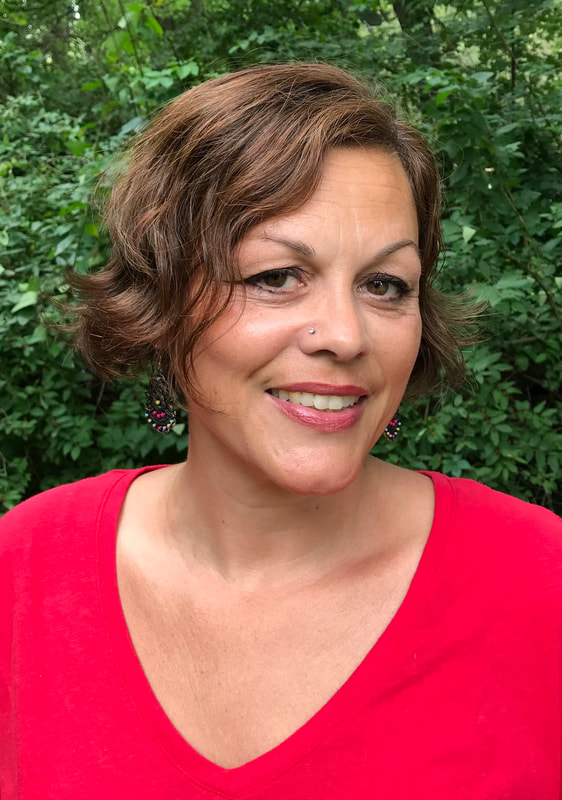|
As summers always do, this one sped by. On the positive side, I had more of a chance to rest and recuperate than last summer because of all the meetings and planning we had. In fact, I made a wise decision this summer and backed out of a few committees I thought I would work with on different projects, and I am so glad I did so. More than any other year, I needed to forget about school for a while.
In our house, lots has been happening, making it a busy summer in other ways. Helping 2 of my 3 kids prepare to leave home (one for a Coloradan adventure, the other for college) has been very bittersweet for me. Of course I want my kids to fly and to flourish, be happy and independent, have adventures and experience life. At the same time, we are a close-knit family, and I have to admit that my heart hurt saying goodbye to them. We still have one amazing kid at home who will get so much attention, she won't know where to escape to! We've also had a trying time as a family as my dad suffers from old and new health challenges. We are rallying together to support him and each other, and trying to stay positive while managing our anxiety and stress. At the same time, I'm trying to adjust to a new school year, and teaching graduate students, and my PhD program. "One day at a time" is becoming my new mantra. I remember thinking in June, maybe we can go back without masks? But in my district, we are masked again, and I find myself grateful for that as I read and hear about other districts that are leaving masking up to individuals and families while kids and teachers continue to get sick. Teaching English learners with a mask on definitely is challenging because my students can't see my mouth and hear my words muffled, but I would much rather that than compromise the safety of anyone in my school. And with the ever-evolving new strains of COVID, things seem more unsure than ever. As far as COVID learning loss goes, I think that more than the actual learning, a lot of the loss occurred in other areas. Students are learning to be together again in class, to work together in groups, to socialize at lunch, to walk down hallways, to use paper and pencil, and be fully engaged in class because their teachers can see their faces and whole bodies now. I heard somewhere that rather than "learning loss", it was more of a "learning slowdown", and that makes a lot more sense to me. Any day they were online with their teachers and somewhat engaged was a day of learning. Did they forget some information? Or not make as much progress as if they were in the school building? Maybe. But I think we have to give our students more credit, at the same time as we help those who need an extra boost to get them back in the flow. This year, I have two students who are brand new to this country from vastly different places: one from a family of professors from a central European country who are here visiting or doing research, and one who was born, grew up, and was educated in a large refugee camp in a southeastern African country. I don't speak either of their languages at all, so I will have to rely on a lot of gestures, Google translate, pictures, and videos. Two students who are from Central America have been here 2 years but at least one is still in what is called the "silent period". And three students have been here for 3 or so years but still tested at a beginner level in ELL. There is a broad range of educational backgrounds and English levels in my class, and it will be interesting to see how it evolves. Unfortunately, I don't have a student teacher this year, but in at least one class I have an amazing para to help with the diversity of levels and learning styles. In my ELL advanced language classes, I also have diverse groups in terms of home languages, personalities, and areas they need to work on in their "school English." Here is wishing all my fellow educators a positive start to the new year. Take care of yourselves, too, because we have been known to overdo it, caring for and teaching our students.
2 Comments
|
|

 RSS Feed
RSS Feed
